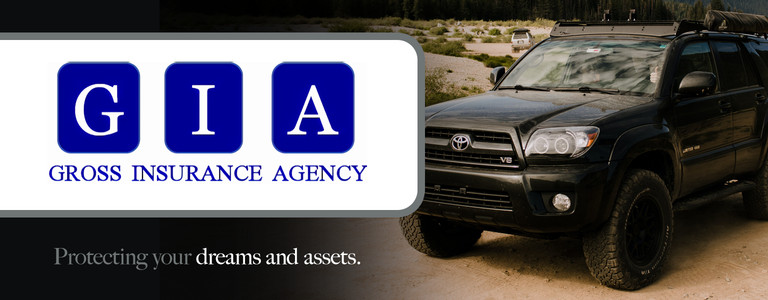 At least 77 percent of car crashes come as the result of driver error. It stands to reason that most of these accidents are preventable with a little caution and planning. Want to be a better driver? It helps to know what mistakes others are making on the road and how to avoid them.
At least 77 percent of car crashes come as the result of driver error. It stands to reason that most of these accidents are preventable with a little caution and planning. Want to be a better driver? It helps to know what mistakes others are making on the road and how to avoid them.
Take a look at the three most common types of at-fault auto claims. These are claims in which the driver is to blame for the accident. This list, compiled by Claims Journal magazine, is a great guide to what NOT to do while you’re on the road:
Single-vehicle collisions. A single-vehicle collision is when a driver skids off the road or out of their lane and collides with a fence, tree, house or anything other than another car. The top reason for these types of accidents is driving too fast for weather conditions. You’ll want to drive more slowly during snowy, icy and rainy weather. Many drivers don’t.
Out-of-lane collisions. Out-of-lane collisions are one of the top at-fault auto claim. That’s when you try to change lanes at the same time another vehicle is trying to do the same thing and the two cars collide. Most often, they are caused by drivers paying attention more to what’s going on inside their car than what is happening on the road. Looking in the back seat, fiddling with your car’s stereo, calling someone on your cell phone, eating, having an argument with a passenger, all can take your attention away from safe driving. ‘Inattention’ is the leading cause of out-of-lane collisions, according to industry data.
Rear-end collisions. Rear-end collisions are the third most common at-fault accidents, and these types of crashes are often caused by tailgating, or driving too close behind another vehicle. Under normal driving conditions, it’s recommended drivers should maintain at least one car length back for every 10 miles of driving speed. So, if someone is driving 50 miles per hour, keep at least five car lengths behind. When the weather is bad, you’ll want to maintain even more space between you and other drivers.







